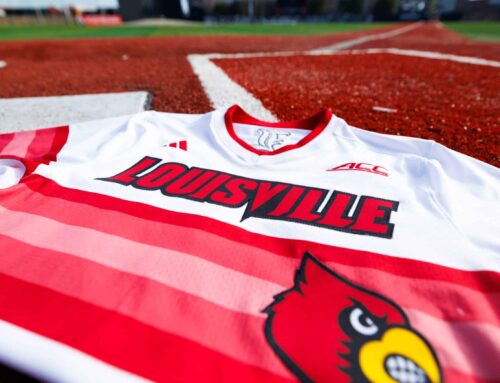By Annie Moore
On October 29, 1960 a young man from Louisville by the name of Cassius Clay stepped into the professional
boxing arena and over the next 19 years would grow to change his name, change the sport and change a lot of
peoples’ minds.
Clay —who would change his name to Muhammad Ali in 1975 due to a religious change following a fight with
Sonny Liston— was born Jan. 17, 1942 to a middle-class African American family, the eldest of two boys. He was
first exposed to boxing by Louisville police officer and boxing coach Joe E. Martin. The two met on a chance
occasion, Martin ran across a 12-year-old Ali, fuming because his bike had been stolen.
Ali trained in Louisville in the following years, winning six Kentucky Golden Glove titles, two National Gold
Glove titles, and the light heavyweight gold medal in the Summer Olympics in Rome, in 1960. Ali’s record as an
amateur was 100 wins, and only five losses.
In an autobiography published in 1975, Ali claims that upon returning from Rome in 1960 he threw his Olympic
gold medal into the Ohio River after being refused service at a restaurant downtown due to his race.
In his debut 53 years ago today, he won a six-round decision over Tunney
until the end of 1963, Ali dominated the sport, going 19-0 with 15 wins by knockout. By
1963, Ali was poised to take the heavyweight title from Sonny Liston. It was at this fight
Ali would utter perhaps his most famous phrase, “Float like a butterfly, sting like a
bee. Your hands can’t hit what your eyes cant see.”
Despite Ali’s boasting, he was a 7-1 underdog headed into the fight. Clay never showed anything but a confident
front, chastising Liston —one of the most intimidating figures in the world of boxing at that time — up to and
throughout the pre-fight weigh-in.
What followed was one of the biggest upsets in boxing history. Ali defeated Liston by TKO after six intense
rounds, becoming the youngest boxer, 22 years old, to take the heavyweight title from a reigning champion. After
the fight he told the press “I must be the greatest!”
Following several successful attempts to defend his title, the Army drafted Ali for the Vietnam War, but he
refused to serve. As a result of these actions, Ali was denied a boxing license in every state and stripped of his
passport. Ali did not box from March 1967 to October 1970.
In 1970 with dissent for the Vietnam War growing, Ali’s stance gained more sympathy, and his conviction
was overturned by the US Supreme Court by a unanimous vote in 1971. Soon after the City of Atlanta Athletic
Commission granted Ali a boxing license. Following a few more victories, Ali was set as the top contender against
heavyweight champion, Joe Frazier.
Frazier handed down Ali’s first professional defeat, by unanimous decision, Ali would go 25-4 over the next 10
years before his retirement —including two victories in his next two fights against Frazier, by unanimous decision
and TKO.
The Louisville legend was diagnosed with Parkinson’s disease in 1984, but remained active, even travelling
to speak with Saddam Hussein in 1991 to arrange the release of American hostages. Ali has since participated
in Olympic opening ceremonies, opened his Muhammad Ali Center in Downtown Louisville and received an
Honorary Doctorate of Humanities from Princeton University.






